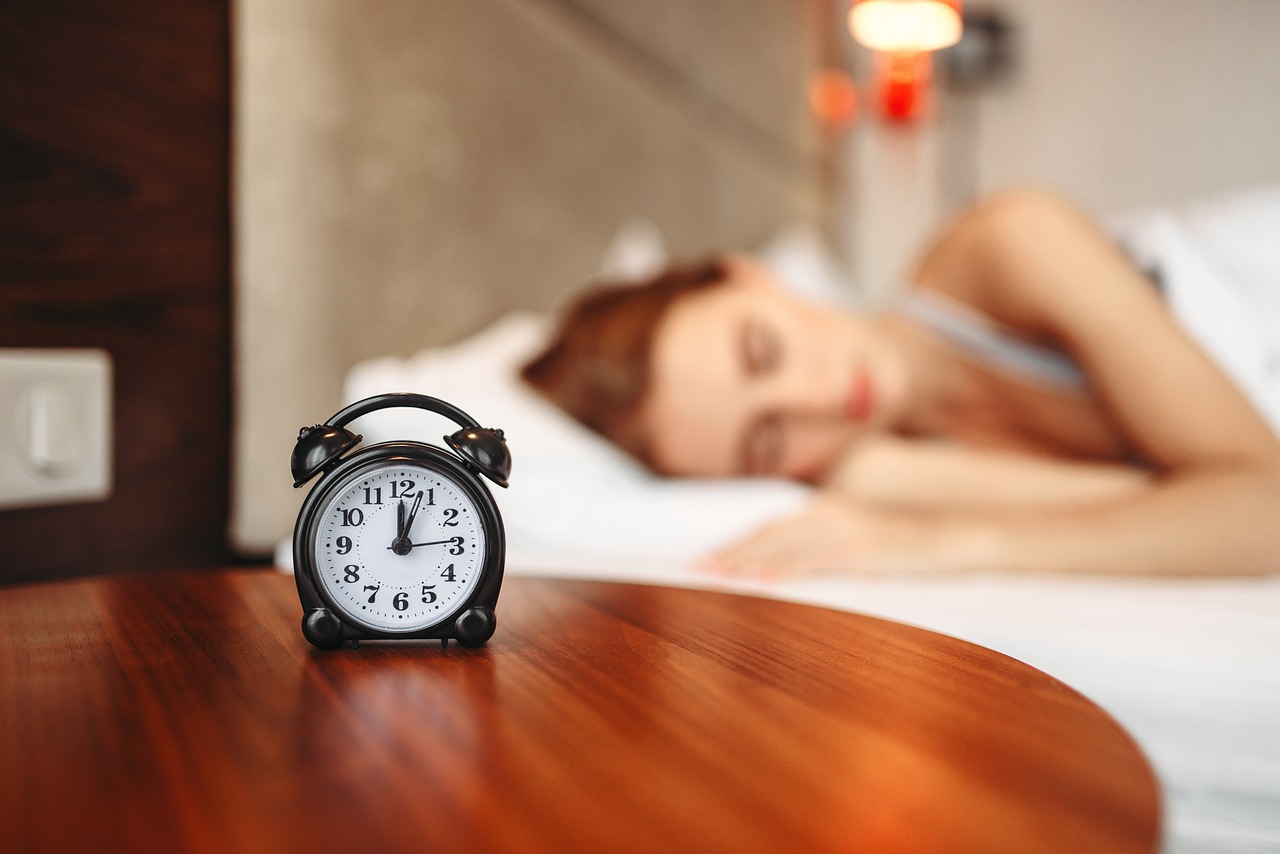For many of us, the morning alarm is the unwelcome intrusion that signals the start of a new day. It’s not surprising that the temptation to hit the snooze button is almost irresistible. The idea of grabbing a few extra minutes of precious sleep seems harmless, but experts agree that snoozing isn’t good for you. In this article, we’ll delve into the reasons why snoozing is detrimental to your overall health and well-being.
1. Interrupted Sleep Cycles
One of the main reasons why snoozing isn’t good for you is that it disrupts your natural sleep cycles. When your alarm goes off in the morning, your body and brain are in the process of transitioning from deep sleep to a lighter, more wakeful state. When you hit the snooze button and go back to sleep for a few minutes, your body starts the sleep cycle all over again. This repeated interruption can leave you feeling groggy and disoriented because you never complete a full sleep cycle.
2. Poor Sleep Quality
Snoozing can also lead to poor sleep quality. As you repeatedly hit the snooze button and fall back asleep, you’re more likely to enter a state of deep sleep, which is harder to wake up from and can make you feel even more tired when you finally do get out of bed. This can result in a restless and unsatisfying night’s sleep, leaving you feeling fatigued throughout the day.
3. Increased Stress Levels
Hitting the snooze button and repeatedly waking up to the sound of your alarm can increase stress levels. This is because it disrupts your body’s natural waking process and triggers a state of alarm each time the alarm goes off. Your body releases stress hormones like cortisol to prepare you for a “fight or flight” response, which is not an ideal way to start your day. Over time, this can contribute to chronic stress and its associated health problems.
4. Harming Your Circadian Rhythm
Your body’s internal clock, known as the circadian rhythm, is responsible for regulating your sleep-wake cycle. When you snooze, you confuse your body’s internal clock. Consistently hitting the snooze button can lead to a misalignment of your circadian rhythm, making it harder to wake up in the morning and fall asleep at night. This can result in insomnia and sleep disorders over time.
5. Wasted Time
Snoozing may seem like a harmless indulgence, but it can waste valuable time in the morning. Those extra few minutes spent in bed can add up, causing you to rush through your morning routine and potentially making you late for work or appointments. Over time, this can lead to increased stress and a decreased sense of productivity.
6. Missed Opportunities for a Healthy Morning Routine
The time you spend snoozing could be better used to establish a healthy morning routine. Instead of repeatedly hitting the snooze button, you can use that time for activities that promote your well-being, such as stretching, meditation, or a nutritious breakfast. These activities can set a positive tone for the day and improve your overall health.
While it may be tempting to hit the snooze button when your alarm goes off in the morning, it’s clear that snoozing isn’t good for you. It disrupts your natural sleep cycles, leads to poor sleep quality, increases stress levels, harms your circadian rhythm, wastes time, and prevents you from establishing a healthy morning routine. To ensure a more restful and productive start to your day, consider setting your alarm for a time when you truly need to wake up and resist the urge to snooze. Your body and mind will thank you for it in the long run.






